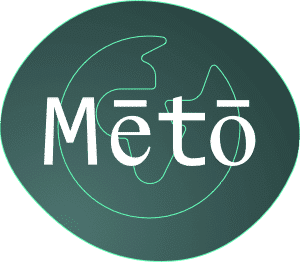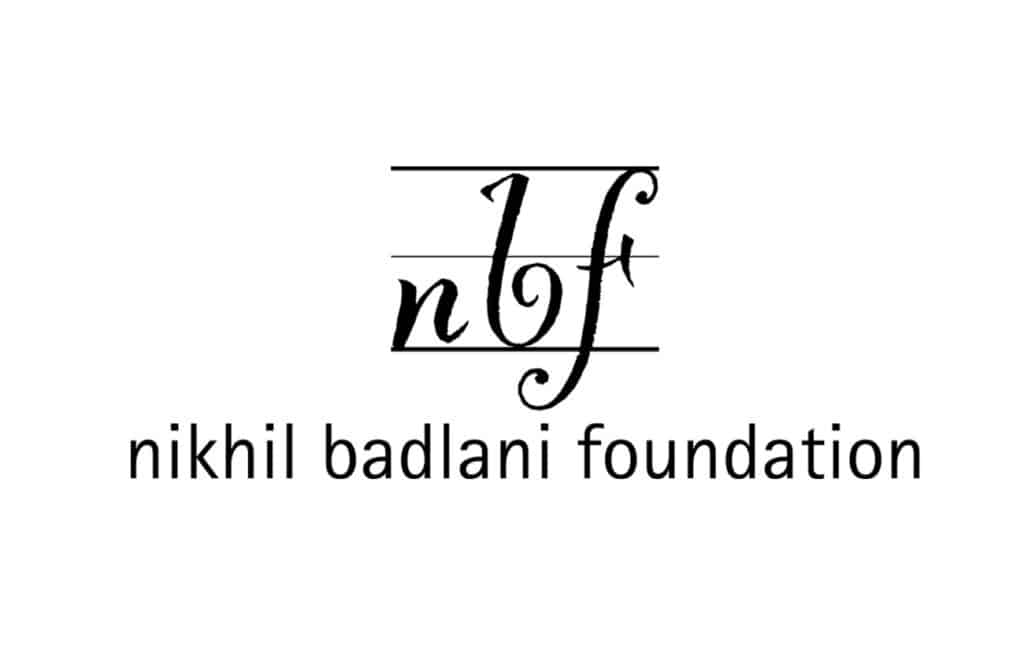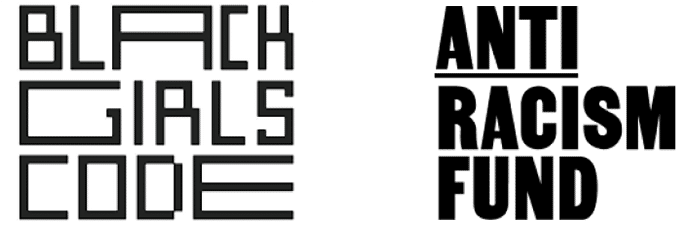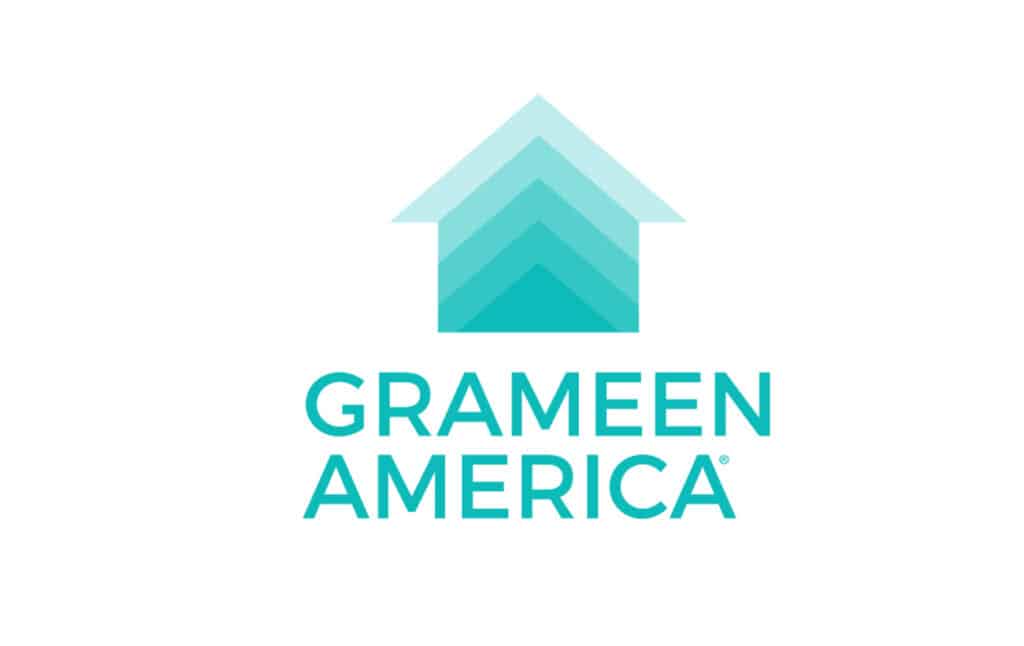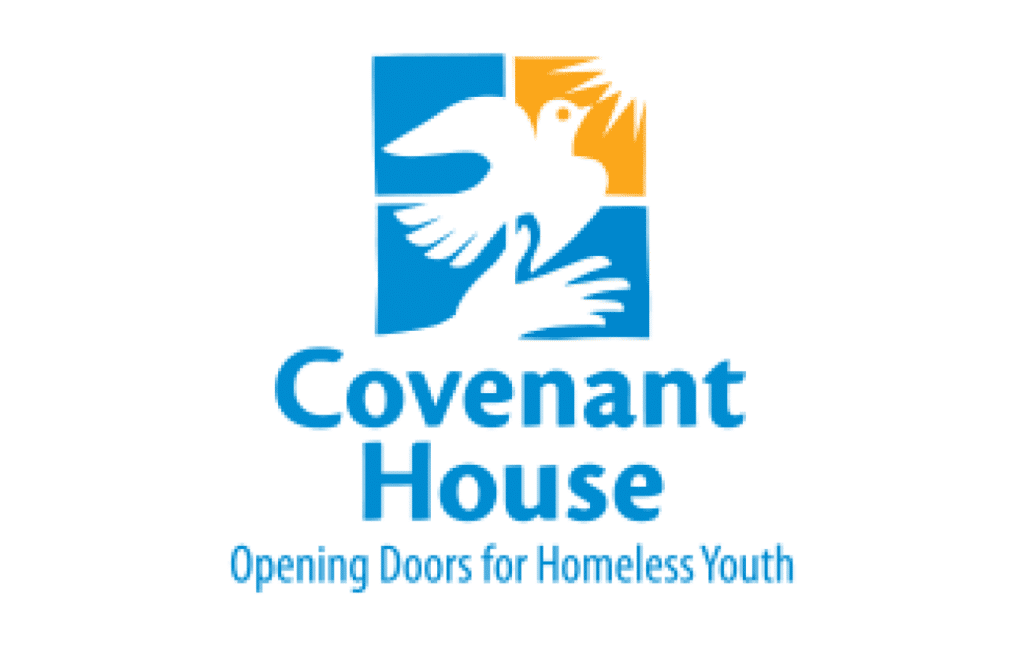Order to cash (OTC) causes pain points across a number of businesses in various industries — notably in the media marketing and publishing industries. Because of the nuances of each business and process, there is no simple out-of-the-box solution that is an exact fit for any industry, whether they are B2B or B2C.
What is uniform across all industries utilizing OTC is the need to reduce process times, eliminate error margins, decrease manual labor, and increase efficiency.
To achieve this, businesses must implement a well thought out order-to-cash process. Doing so will improve every aspect of both the customer journey and the company’s bottom line.
Many of the processes involved in OTC are repeatable and scalable, meaning they are prime candidates for automation. It is becoming more and more evident that the order-to-cash process must be reconditioned with automation in order to simplify and streamline it, especially for industries with media buys.
Why Order to Cash Is an Ongoing Pain Point
From a 10,000-foot view, order to cash is a seemingly simple process. Orders are received, processed, sent through billing and revenue is recognized. But anyone using order to cash in their business workflow will tell you that it’s much more complicated than it seems.
Reviewing the OTC workflow in any company reveals that a number of processes are involved. Many of these include manual tasks that create higher costs, elevate error margins, increase delays, and limit scalability. This is especially relevant in the media and publishing industries where growth is critical and scalability hinges on resolving OTC pain points.
Identifying OTC Pain Points Across the Media & Publishing Industries
The publishing and media industries are encountering a need for scalability in their ad campaign business now more than ever. Order volume is out-scaling manual elements of existing processes to execute campaigns, particularly in companies with an ever-growing daily volume of short-lived ad placements.
The publishing and media industries are encountering a need for scalability in their ad campaign business now more than ever. Order volume is out-scaling manual elements of existing processes to execute campaigns, particularly in companies with an ever-growing daily volume of short-lived ad placements.
The publishing and media industries are encountering a need for scalability in their ad campaign business now more than ever. Order volume is out-scaling manual elements of existing processes to execute campaigns, particularly in companies with an ever-growing daily volume of short-lived ad placements.
No trafficking team, no matter how skilled they may be, has the ability to execute 100 percent accuracy when manually processing hundreds of ad campaigns every day. From tag checkers, to the volume of unique URLs needed for creatives, to requests for targeting large sets of designated marketing areas (DMAs), to endless rule sets and executions of a wide variety of product packages for their clients, it all comes down to reducing the manual aspects of these repeatable processes.
In addition to minimizing error margins almost completely, automating these processes will allow for scale with ease. The repeatable aspects of trafficking workflows, target sections, creating unique targeting rules and UTM trackers, DMA cloning and setting rule sets are all prime candidates for automation. Executing a well-rounded automation strategy to address these aspects of OTC will free up bandwidth for tasks and process that must be manual and thus again easily allow for scale.
Why Automating OTC Processes Is Crucial for Media Marketing & Publishing Industries
Order-to-cash issues in publishing and media can be both internal and external. However, they all involve the ad placement campaign cycle. Internal processes involve inventory management, subscription management, order processing, and ad placements. Processes that are external include order processing, ad management, programmatic, and audience management.
Of course, there are some crossover points between the two, as some processes involve the client needs (advertising) and the means to flight ads (audience management and inventory management). But in terms of profit, all affect the bottom line.
Streamlining an ad placement campaign cycle based on an order-to-cash workflow with automation will make processes more efficient, creating smaller to zero error margins while enabling publishers and media marketing companies to complete order cycles and recognize revenue faster.
Real World Examples
Take, for example, the process of manually selecting rule sets in ad trafficking. Rule sets are a standard element in the OTC process and often come with a high margin of error pain point. For each campaign, ad, and platform, a particular rule set must be implemented to meet the client’s targeting criteria. Multiply this by hundreds or thousands per day and you have the perfect scenario for errors to occur. These types of errors affect ad performance and tracking UTMs, causing significant inaccuracies in reporting.
Fortunately, simple and repeatable aspects of the ad trafficking workflow, like rule sets, are perfect candidates for automation. Although the particular type of automation will vary depending on the use case, automating these elements will greatly reduce inaccuracies and speed up campaign cycles.
The Theorem team has resolved this particular pain point and many others in our clients’ OTC workflows utilizing automation, resulting in the elimination of errors, more accurate tracking and reporting, expedited campaign completion, and reduced delays in revenue recognition.
In the same vein, many publishing, media, and streaming companies have a vast array of product packages available to their ad clients. Some, like industry leading music streaming service providers, are offering 50-plus types of product packages, each with their own set of guidelines for trafficking. This increases the potential for errors during campaign setup, deployment, and reporting.
In this instance, trafficking appropriately and enabling the correct tags for reporting is key to successful campaign execution. Again, reducing manual efforts and human error margins is essential and the best way to do so is through automated DMA updating capabilities.
This is a solution that the Theorem team has implemented for a number of clients within the media and streaming industries with great success.
In Conclusion
The order-to-cash process has become more arduous as the digital ad market has grown. This is particularly true within the publishing and media marketing industries.
In markets that rely heavily on order-to-cash workflows for recognized revenue, the answer is simple: Optimize your OTC workflows with automation to eliminate error margins, reduce delays in revenue recognition, increase bandwidth, and ensure scalability. As media marketing scales, the need for automated simple and accurate solutions to OTC pain points becomes more critical.


